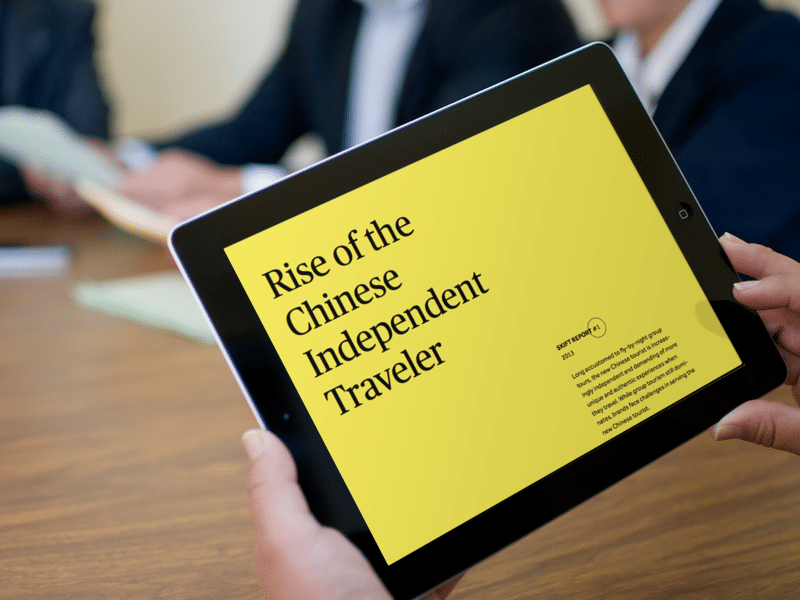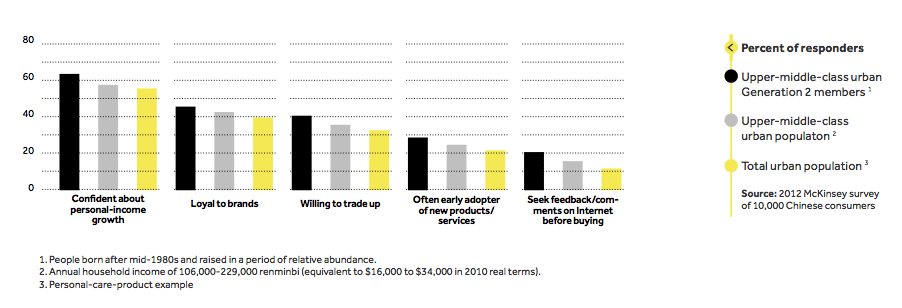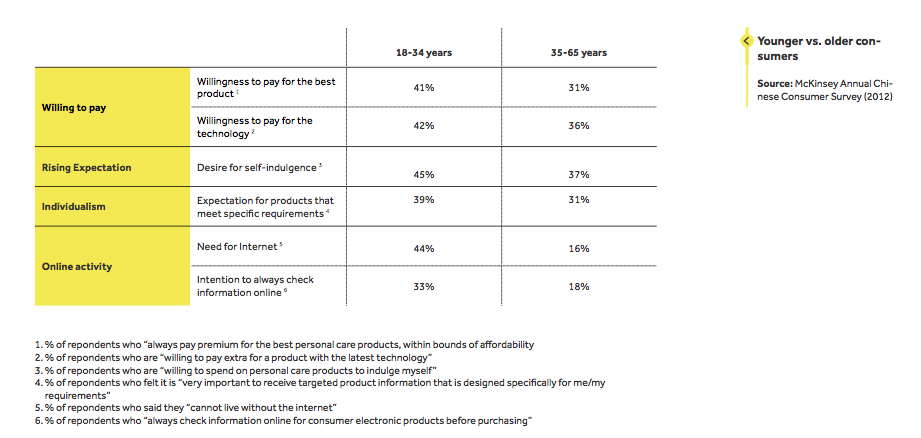Skift Take
The Chinese millennial "G2 Generation" will comes out in hundreds of millions in the next decade, and change how travel products are consumed and marketed all around the globe. Are you ready?
We recently launched our “Skift Trends Report” series, providing you with intelligence briefing reports on various trends in the travel industry. This extract below is from our inaugural report The Rise of the Chinese Independent Traveler, the most definitive report covering what the next generation of Chinese travelers wants from their experience.
The shift from independent to group travel is still in the green shoots phase, but this trend goes hand-in-hand with a demo- graphic sea change for China: a second generation of affluent consumers coming of age. These discerning young consumers favor self-organized travel.
The younger generation of Chinese (born in the mid-1980s and later) do not remember the struggles their parents went through in the tumultuous decades under Mao Zedong. They are more optimistic about their future earnings potential and less interested in saving for a rainy day.
McKinsey, the U.S.-based management consulting firm, labels this cohort as Generation 29 or G2. They say that this generation comprised 200 million urban consumers and accounted for 15% of all Chinese urban consumption last year. Within 10 years, they will be three times as numerous as the baby boomers that drove the U.S. economy for decades.
These young people grew up comfortable thanks to China’s economic resurgence since the 1980s. McKinsey’s research10 says that they are “confident, independent minded, and determined to display that independence through their consumption.” They found that this generation is significantly more likely to consider expensive things as intrinsically better. They are more brand-loyal, but eager to trade up and try new products. This younger demographic, those under 45, make up 73% of the luxury market in the country.
The vast majority of them grew up with a monopoly on their parents’ attention thanks to the one-child policy, which is strictly enforced in urban areas. Only the richest urban Chinese families can afford to flout the law and raise a bigger family. Since 1978, mandatory family planning created a class of “little emperors” that are used to immediate gratification.
This group is most likely to prefer independent travel. According to Xiang’s study, 74.4% of independent tourists are between 25 and 44. They are also more educated than the general population of China.
The vast majority, 82.9%, have at least a bachelor’s degree, whereas only 46.3% of Chinese outbound tourists have a bachelors degree.
They are more global, educated, and consumption-driven than their parents, and their travel habits are also different. Where the older generation tends to treat tourism in Europe, for example, as a trip to a historical museum and a shopping mall, younger independents are more interested in the lived modern culture of their destinations.
For more trends on the next generation of Chinese travelers, get our report, or better still, subscribe to our subscription service to be on top of the global megatrends in travel.
The Daily Newsletter
Our daily coverage of the global travel industry. Written by editors and analysts from across Skift’s brands.
Have a confidential tip for Skift? Get in touch
Tags: china, china outbound



